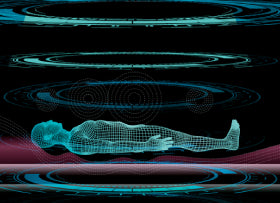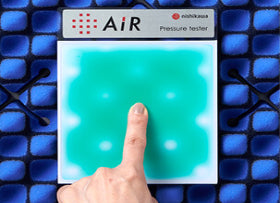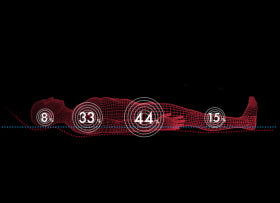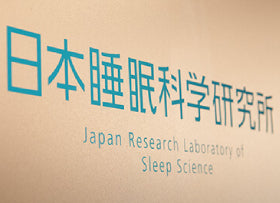The Importance of Technology in Monitoring Sleep Cycles
Quality sleep is crucial for promoting good health, well-being, and overall quality of life. It allows your body to repair and rejuvenate after a busy day, providing the energy needed for daily activities, work, hobbies, and relationships.
However, achieving good sleep quality can be challenging. Millions of people worldwide struggle with various sleep issues, from sleep deprivation to chronic insomnia. These problems can lead to serious consequences such as increased risks of obesity, heart disease, mood disorders, and even depression.
While science suggests an average of eight hours of sleep is optimal, achieving quality sleep involves understanding sleep patterns, known as sleep cycles. How can technology and a high-quality mattress assist in improving your sleep?
The Role of Sleep Cycles in Sleep Quality
Sleep cycles are recurring patterns of sleep stages throughout the night. Each cycle typically lasts 90 to 120 minutes and includes three stages of non-rapid eye movement (NREM) sleep followed by one stage of rapid eye movement (REM) sleep.
The first NREM stage is light sleep where heart rate slows, muscles relax, and brain waves begin to slow down, focusing on recovery and tissue repair. REM sleep follows, processing emotions and memories, often accompanied by dreams.
Understanding your sleep cycles helps manage sleep quality by identifying factors that affect rest. Now that you understand sleep cycles, explore how technology monitors them:
How Technology Can Help Monitor Sleep Cycles
Smartphone Apps
Many sleep-focused apps utilize built-in sensors like microphones and accelerometers in smartphones. The microphone detects sounds like snoring, while the accelerometer tracks movements to estimate sleep stages.
Wearable Sleep Trackers
In addition to apps, wristbands, smartwatches, and headbands track sleep cycles using sensors such as heart rate monitors and movement trackers, offering detailed insights into sleep quality.
Benefits of Sleep Monitoring Technology
Sleep trackers offer numerous benefits, helping understand sleep stages and factors affecting sleep quality, such as screen time or irregular sleep schedules. They can also detect common sleep issues like restlessness, sleep apnea, and insomnia onset.
Monitoring sleep quality over time allows tracking improvements and receiving recommendations, from bedroom adjustments to relaxation techniques.
Limitations of Sleep Monitoring Technology
Despite benefits, sleep trackers rely on estimations and may not match sleep lab accuracy. While insightful, avoid over-reliance on data and focus on developing healthy sleep habits, including a comfortable sleep environment with a high-quality mattress.
Importance of a High-Quality Mattress
Investing in a sleep innovation mattress is essential for improving sleep quality. A supportive mattress promotes spinal alignment, relieving aches and evenly distributing body weight to minimize pressure points and discomfort.
Conclusion
Prioritizing good sleep is vital for health and well-being. Explore sleep monitoring technology and a high-quality mattress to understand sleep patterns and create a relaxing sleep environment. By combining technology with good habits and comfort, wake up refreshed and ready to tackle each day!
For ultimate comfort and support, consider an AiR by nishikawa mattress. Our AiR Performance Mattresses are designed with sleep science in mind, offering superior pressure relief and proper spinal alignment for a deeper, more restful sleep.
Read More: Improving Sleep Cycles: 7 Proven Strategies for a Restful Night



